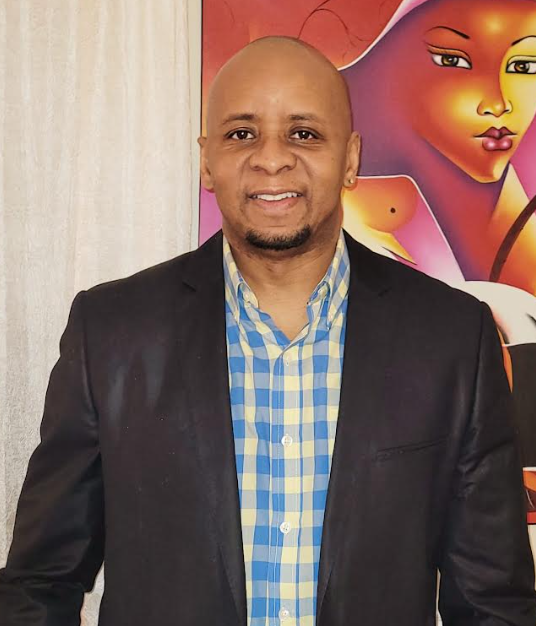How behavioral coaching can transform
your personal and professional life

In our fast-paced and often emotionally charged world, developing new habits that have a maximum impact on our personal and professional lives is crucial. Behavioral coaching can be a transformative tool in this journey, providing the support needed to cultivate positive and impactful behaviors. Many individuals struggle with blind spots and uncontrolled behaviors that affect their careers, relationships, and overall well-being. Have you ever known someone who gets high on emotions, reacting intensely to microaggressions, disrespect, injustice, or unfairness?
These individuals often bring their frustrations home, sleep with their problems, and wake up to face them again, negatively impacting their performance, their teams, and their colleagues.

One of the aspects of behavioral coaching is recognizing the triggers that lead to undesirable habits. Imagine a scenario where tension is rising, and an argument is heating up. Your heart races, and you feel the urge to counterattack. How can you turn the situation around and ease the tension?
From my coaching experience, cultivating self-awareness is a powerful tool. Recognizing when emotions are running high allows you to take a step back and avoid responding impulsively. Instead, you can breathe and take a strategic retreat. One allegory that has proven immensely helpful for my clients is the concept of the remote control.
Consider this: If you engage in a heated argument and respond emotionally, you are essentially handing over your control to the other person. They are using a mental remote control to dictate your reactions, emotions, and behavior. This control extends beyond the immediate moment, affecting your sleep, your time at home, and your performance at work.

What if you refuse to be controlled remotely? When faced with pressure, remind yourself, "I don't want to be controlled remotely." Breathe, take a strategic retreat, and address the issue when you are back in your comfort zone.
One of my clients has successfully implemented this strategy. Anytime she feels pressured, she develops self-awareness and repeats her mantra: "I don't want to be controlled remotely." By taking a strategic retreat, she addresses issues more productively and sleeps better at night. Not only has this technique helped her, but she has also shared it with her colleagues, creating a ripple effect of positive change.
Next time you find yourself in a tense, high-stakes conversation, think about the remote control metaphor. It works. You can develop your own responses to address undesirable behaviors and regain control over your emotional landscape.
Conclusion:
In conclusion, don't let anyone control your performance, relationships, or well-being with their mental remote. Take charge, develop new habits, and experience the profound impact of behavioral coaching.
